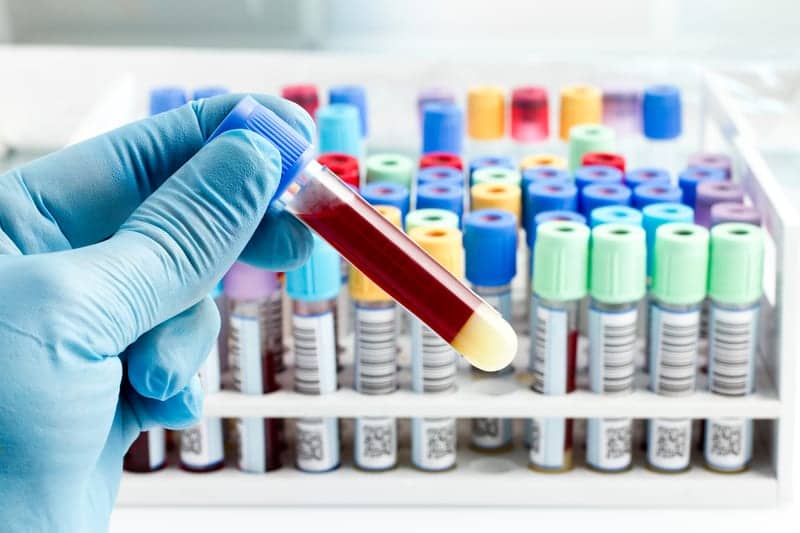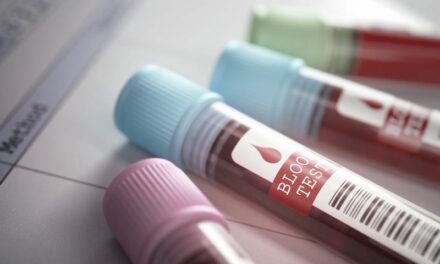Precede Biosciences, a company aimed at influencing the development and use of precision medicines with its liquid biopsy platform, announced the first clinical data from its proprietary liquid biopsy platform that was represented in an oral presentation at the European Society for Medical Oncology (ESMO) Congress and simultaneously published in Nature Medicine.
The data demonstrate the liquid biopsy platform’s unique capability to inform and impact clinical decisions by providing resolution into the activation status of individual disease-defining genes and pathways genome-wide, from a simple blood draw.
“Despite the significant advances in our understanding of gene regulation and transcriptional biology at the cellular level over the last decade, our ability to translate these findings into the clinic has been limited by technology,” says Matthew L. Freedman, MD, professor of medicine at Dana-Farber Cancer Institute and co-founder of Precede Biosciences. “With this clinically tractable platform, a simple blood test, we can now profile disease-defining biology and dynamic changes in this biology at clinical scale, offering the opportunity for significant clinical impact.”
The clinical data presented and published comprised more than 1,200 genome-wide transcriptional profiles generated from the plasma of more than 400 individuals affected by 15 cancers. By using only 1 mL of patient plasma from standard clinical collection tubes, the platform was able to provide resolution into actionable drug targets and diagnostic markers and provide resolution into the emergence of challenging-to-diagnose resistance phenotypes, according to the company.
Further reading: Blood Test Detects Tumors Early in Families with Cancer
For example, a blood sample from a patient with advanced, progressive colorectal cancer (CRC) demonstrated an elevated signal at the HER2 gene promoter. Despite the availability of HER2 directed therapies, testing for HER2 in these patients is not commonplace, given the invasive tissue testing required and the estimated low prevalence of this phenotype (~3%). In this patient’s case, the signal identified by the Precede blood-based test was confirmed subsequently by tissue biopsy and immunohistochemistry (IHC), enabling this information to be used for clinical care. In the future, a simple blood draw and testing with the Precede platform may be sufficient for clinical decision-making alone.
“The power of the technology platform was evident across all 15 cancers we studied, elucidating gene and pathway activation relevant to therapeutic decision-making and clinical diagnoses, such as HER2, AR, ER, and DLL3 activation,” says Sylvan Baca, MD, PhD, assistant professor of Medicine at Dana-Farber Cancer Institute, Co-Founder of Precede Biosciences, and presenter at ESMO. “From just one milliliter of plasma, we now have the ability to broaden the utility of liquid biopsy across a wide range of research and clinical applications.”
Carl Barrett, PhD, chief scientific officer of Precede Biosciences, continued, “The data presented today, combined with the data we are continuing to accumulate at Precede and Dana-Farber, showcase the tremendous potential of this platform to inform on actionable disease-defining biology and significantly enable drug development and decision-making in clinical practice. We look forward to sharing additional data that build upon what has been presented and published today in another scientific forum later this year.”





